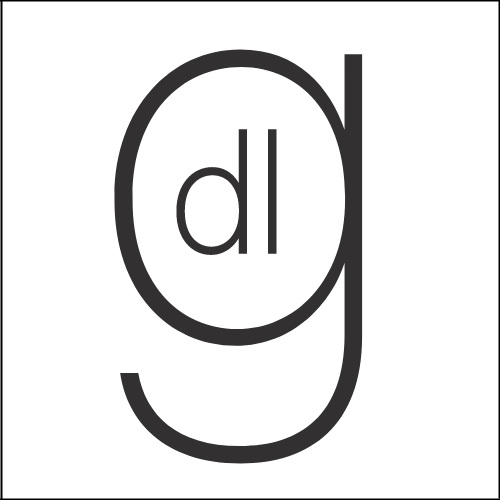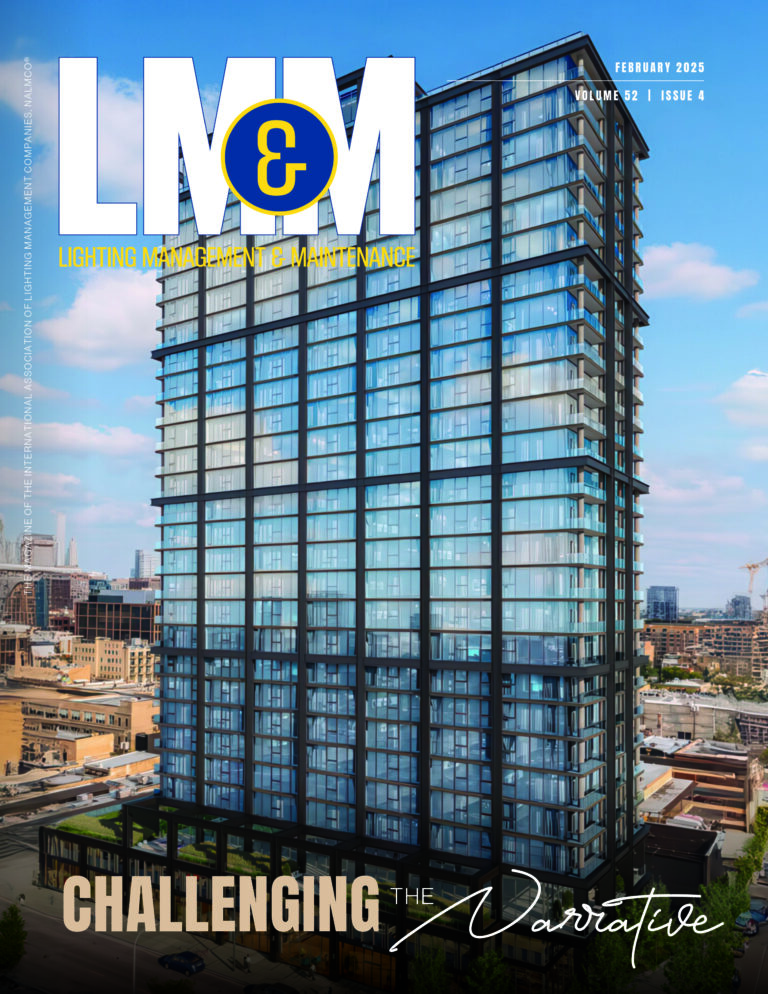
Presented in collaboration with the IES Honolulu Section, Hawaii Energy, and the International Dark Sky Association, the February 1 event features panelists representing the DLC, the US Fish and Wildlife Service, the University of Hawaii’s Institute of Astronomy, and Hawaii Energy
MEDFORD, MA – January 24, 2023 –A February 1 panel discussion co-sponsored by the DesignLights Consortium (DLC) will examine the unintended negative impacts of artificial light at night on wildlife, human communities and the night sky, as well as strategies to promote responsible outdoor lighting
Hosted by Hawaii Energy, the DLC, and the Illuminating Engineering Society’s (IES) Honolulu Section, “Impacts of Outdoor Lighting: Considerations to Reduce Energy, Save Money and Minimize Light Pollution for People and the Environment” will address a range of topics, including how outdoor lighting affects coastal ecosystems and astronomical study. Panelists will share resources that municipalities, building owners, and other outdoor lighting decision makers can use to reduce the negative impacts of over-lighting, such as sky glow and light trespass.
While in-person registration for the hybrid event (which takes place at the AIA Center for Architecture in Honolulu) is currently sold out, online registration is continuing. The February 1 webinar will run from 5 to 6:15 p.m. EST (12 – 1:15 p.m. HST). Register here.
“Outdoor lighting allows for gathering and recreation past the daytime hours and enables safety and visibility for better mobility at night, but growing evidence points to the ways lighting can harm wild ecosystems, hinder astronomical study, and disrupt the wellbeing of human communities,” DLC Executive Director and CEO Christina Halfpenny said. “This panel discussion will provide an overview of the impacts of light pollution on dark skies, and wildlife, and provide information on strategies to minimize these impacts while reducing energy use.”
Event panelists include:
- Leora Radetsky, DLC Senior Lighting Scientist – Radetsky is a primary author of the DLC LUNA technical requirements, which set performance criteria for specific categories of outdoor solid-state lighting to enable energy efficiency programs, municipalities and others to choose lighting products that save energy and follow best environmental practices for nighttime lighting.
- Sheldon Plentovich, Hawaii and Pacific Islands Program Manager for the US Fish and Wildlife Service – Plentovich’s work involves restoring Pacific Island ecosystems, including restoring, protecting and expanding habitat for seabirds, Hawaiian green sea turtles, and Hawaiian yellow-faced bees.
- Richard Wainscoat, University of Hawaii faculty and astronomer – Wainscoat leads efforts by the university’s Institute of Astronomy to protect observatory sites on the islands of Hawaii and Maui from light pollution.
- Graceson Ghen, Hawaii Energy Efficiency Program’s Hawaii County Manager – Ghen works closely with Hawaii Island businesses to provide energy efficiency consultation and assist with financial incentives.
In addition to covering the benefits of appropriate lighting for outdoor environments, panelists will discuss the energy savings potential of using the right type of outdoor illumination, only when and where it is needed. In particular, Ghen will talk about Hawaii Energy’s work to reduce electricity consumption and incentives the program offers for outdoor lighting. Panelists will also discuss the current state of standards and design solutions, and considerations for selecting white and non-white outdoor LED lighting.
Registration and more information is available on the DLC website.
About the DesignLights Consortium: The DLC is a non-profit organization improving energy efficiency, lighting quality, and the human experience in the built environment. We collaborate with utilities, energy efficiency programs, manufacturers, lighting designers, building owners, and government entities to create rigorous criteria for lighting performance that keeps up with the pace of technology. Together, we’re creating solutions for a better future with better lighting.




